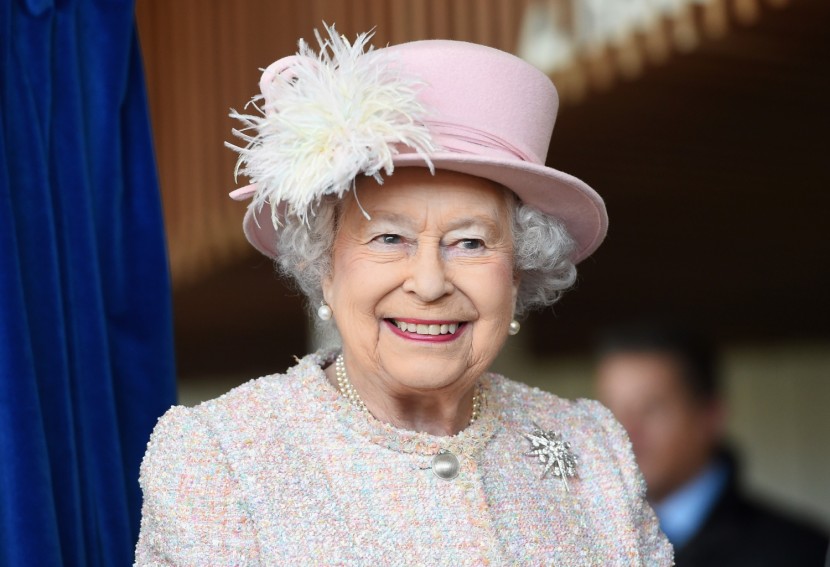
Queen Elizabeth II, who has just recently recovered from COVID-19, will not attend a Commonwealth Day service at Westminster Abbey next week, according to Buckingham Palace. It would have been her first significant public appearance in weeks.
The queen, who returned to work on March 1, met with Canadian Prime Minister Justin Trudeau last week for the first time since her positive test result. On Monday, the palace shared a photo on Twitter of the queen, who is also monarch of Canada, greeting Trudeau for a one-on-one visit at Windsor Castle.
Queen Elizabeth's Reason For Skipping Commonwealth Day Service
According to Reuters, Queen Elizabeth's decision to forego the Commonwealth Day service was based on concerns about her comfort while traveling to and from the ceremony. Last October, Queen Elizabeth, 95, was sent to hospital for unknown reasons and told by her doctors that she needed to rest for at least two weeks.
The event, which will take place on Monday, will honor the Commonwealth of Nations, which consists primarily of former British Empire nations. In a statement, the palace claimed that Queen Elizabeth had asked Prince Charles to represent her.
The service will be attended by Prince Charles, the heir to the throne, and his wife, Camilla, the Duchess of Cornwall; Prince William and Kate Middleton, the Duke and Duchess of Cambridge; and Princess Alexandra, the queen's cousin. However, in yet another case of the royal family coping with COVID-19 inside its ranks, Richard, Duke of Gloucester, another queen's cousins, recently tested positive for COVID-19, and the palace announced that he would not be attending the event.
In areas of Europe, a highly transmissible subvariant of Omicron known as BA.2 has become the prevalent strain. Researchers in England discovered that it takes less time on average for someone infected with BA.2 to infect another person, speeding up the spread of the virus through communities. Officials believe it's too early to tell if it's the cause of the recent increase in cases in the United Kingdom, as per The New York Times.
Her Majesty's Health
On Feb. 20, Queen Elizabeth tested positive for the coronavirus, with minor symptoms, according to the palace. The queen canceled several virtual engagements in the days following but continued with "light duties," according to the palace.
The news comes after she met with Canadian Prime Minister Justin Trudeau earlier this week to resume in-person activities. The head of state was not spotted with the walking stick she had been using recently during her meeting with Trudeau.
According to Daily Express, Her Majesty was said to have suffered mild symptoms, comparable to a cold, after contracting COVID-19. The 95-year-old met her eldest son, Prince Charles, the week he was infected with the illness.
Concerns over the Queen's health were raised earlier this year when she spent a night in hospital, skipping a series of engagements and being encouraged by royal physicians to do minimal tasks. Commonwealth Day is an annual event held by people in Africa, Asia, the Caribbean and the Americas, the Pacific, and Europe across the Commonwealth.
Because 2022 is the Queen's Jubilee year, a special emphasis is being placed on the role of service in people's lives and communities across the Commonwealth. From 2:40 p.m. to 3:45 p.m., commemorative events will be held in Westminster Abbey.
Related Article: Prince Andrew Pays Settlement with Virginia Giuffre Using 'Family Money'; Can Duke Return to Royal Duties?
@YouTube
© 2026 HNGN, All rights reserved. Do not reproduce without permission.








